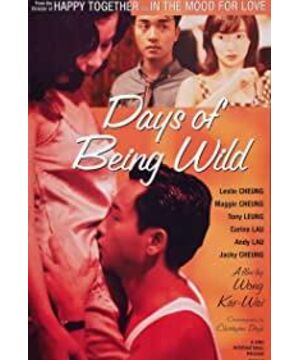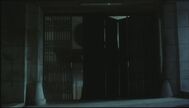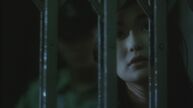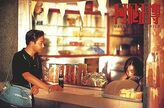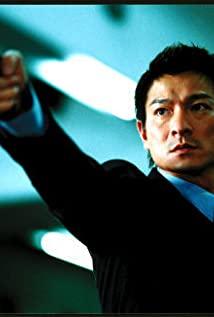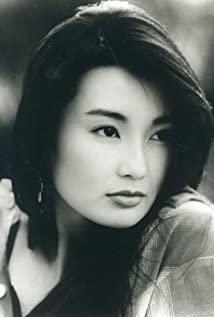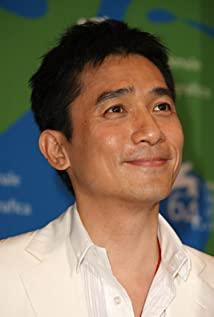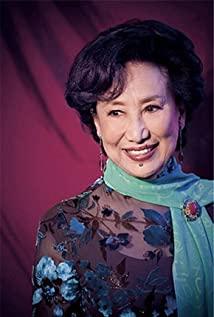"Mong Kok Carmen" is closer to the more mature gangster movies at that time, but the gangster plot is relatively weakened and integrated into the emotional line. The structure is a linear development of the story, and the photography style is more realistic. Compared with the later works, the style is relatively immature. "The True Story of Ah Fei" is different. First of all, the narrative structure of the film abandons the linear narrative and replaces it with a semi-linear and semi-reticular structure.
The Xu Zai played by Leslie Cheung is a relatively obvious main line, but the perspective of the film is not to completely "follow" Xu Zai, but to use Xu Zai as a branch to cover the narrative to Maggie Cheung, Carina Lau, Andy Lau, Jacky Cheung, etc. . That is to say, the narrative of the film is constructed around Xu Zai's character network, rather than a simple character plot. Therefore, roles such as Maggie Cheung and Andy Lau have been separated from the definition of "supporting roles", and are no longer purely serving the main line. On the contrary, they are all independent characters with rich characters. If the director wishes, they can develop their own movie stories independently of the main line.
If "Carmen Mong Kok" builds a character story, then "The True Story of Ah Fei" builds a character relationship network. In other words, the former is plot and the latter is life. Speaking of this, everyone can understand the meaning of Tony Leung at the end. In fact, he is another character in the movie life, no matter whether he is related to Xu Zai's relationship circle or not, but it is worth confirming that he belongs to the movie life. independent role. This setting breaks down the film's plot and beyond, introducing the infinite possibilities of life into the film.
All in all, "Mong Kok Carmen" focuses on the characters in the plot, while "The True Story" focuses on the characters, and the plot becomes an accessory. As the main character of the movie, Xu Zai established the atmosphere of the movie, and Leslie Cheung also performed it perfectly. Without relying on the performance of wealth, only through social methods and the fable of the footless bird, the uninhibited and prostitutes of the son are presented on the screen. Going abroad to find roots and dying in a foreign land is the best interpretation of the prodigal son's life. The director placed the characters in Hong Kong in the 1960s, using the sense of historical isolation and alienation to further highlight the wandering of the outcasts of the times.
Compared with the later works of wkw, "The True Story of Ah Fei" is slightly rough. But I am more fascinated by the real roughness than the craftsmanship, because the imperfection is more vivid.
View more about Days of Being Wild reviews


